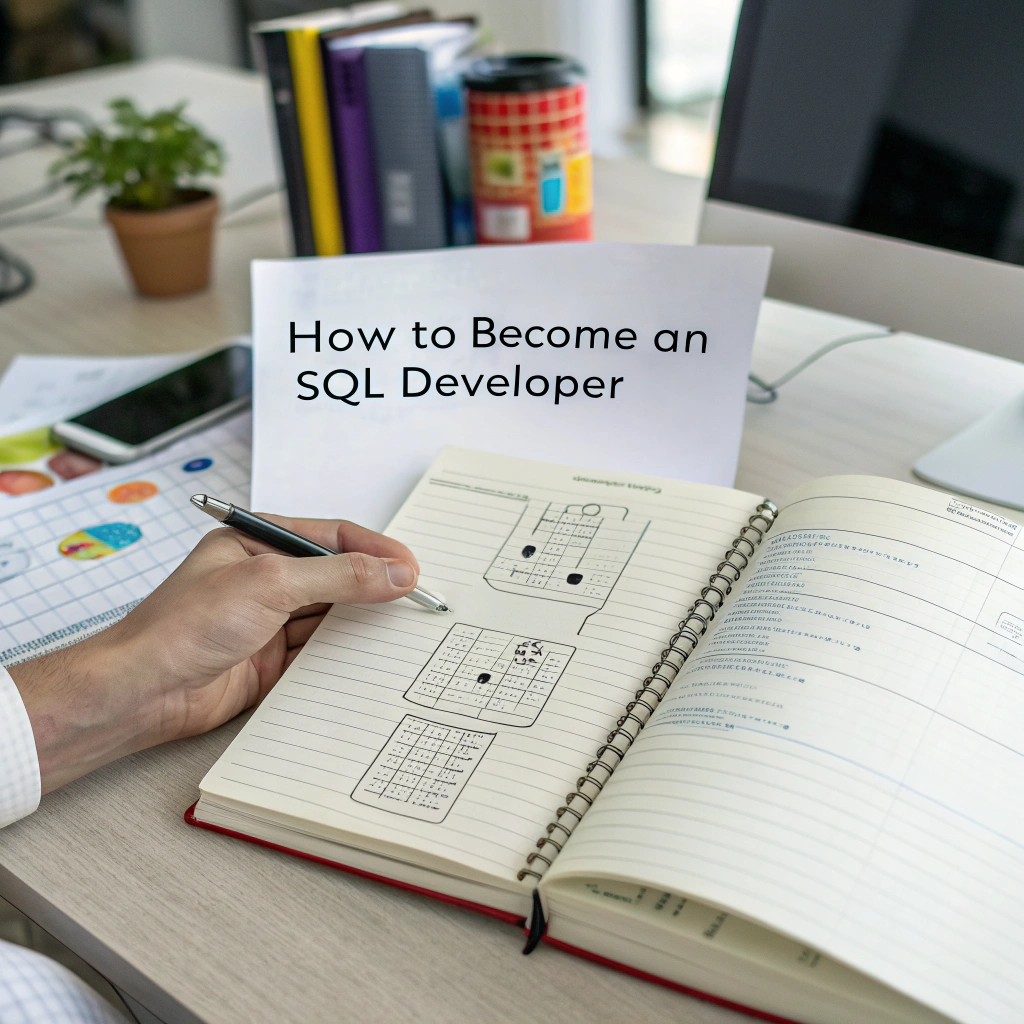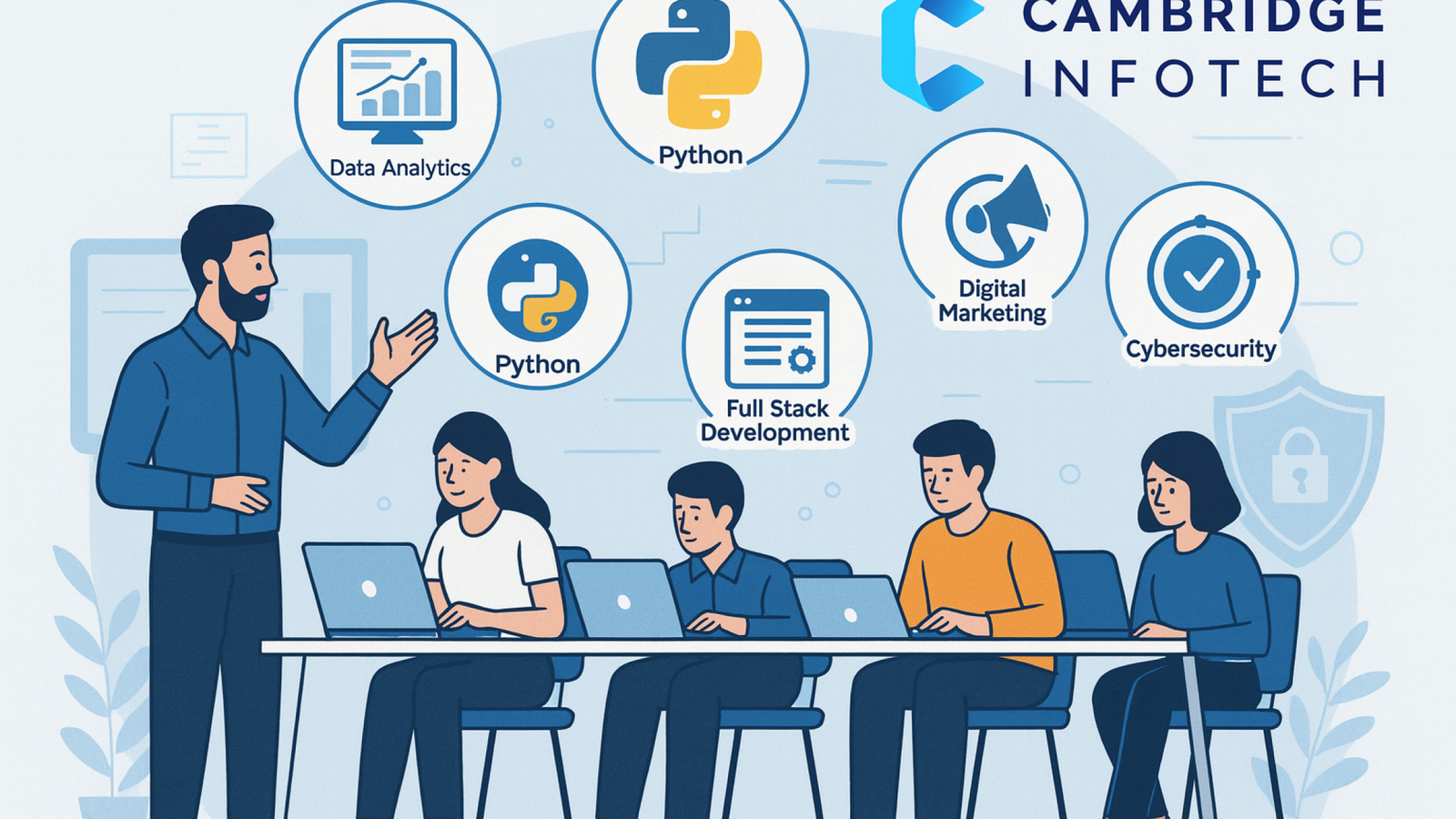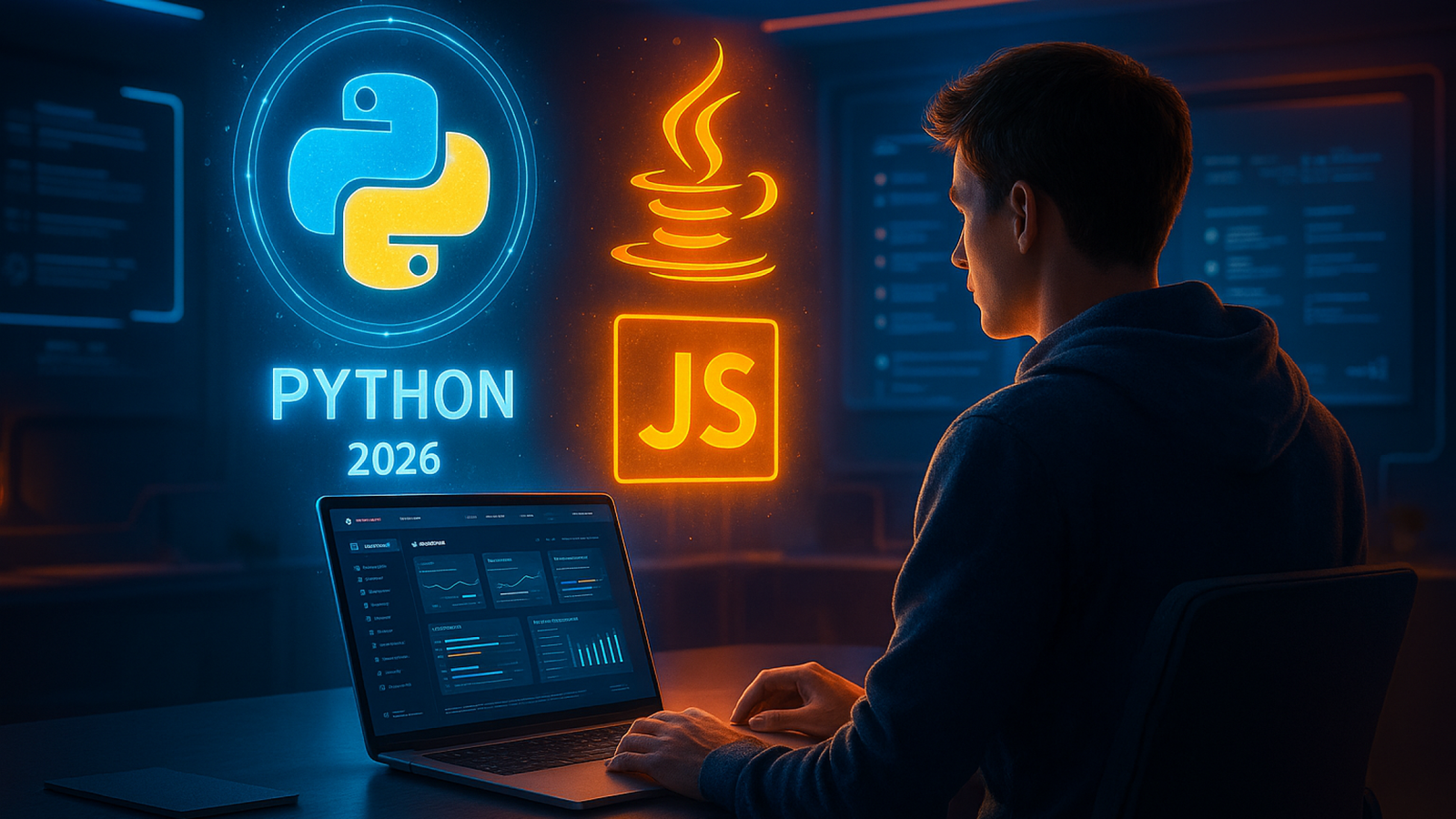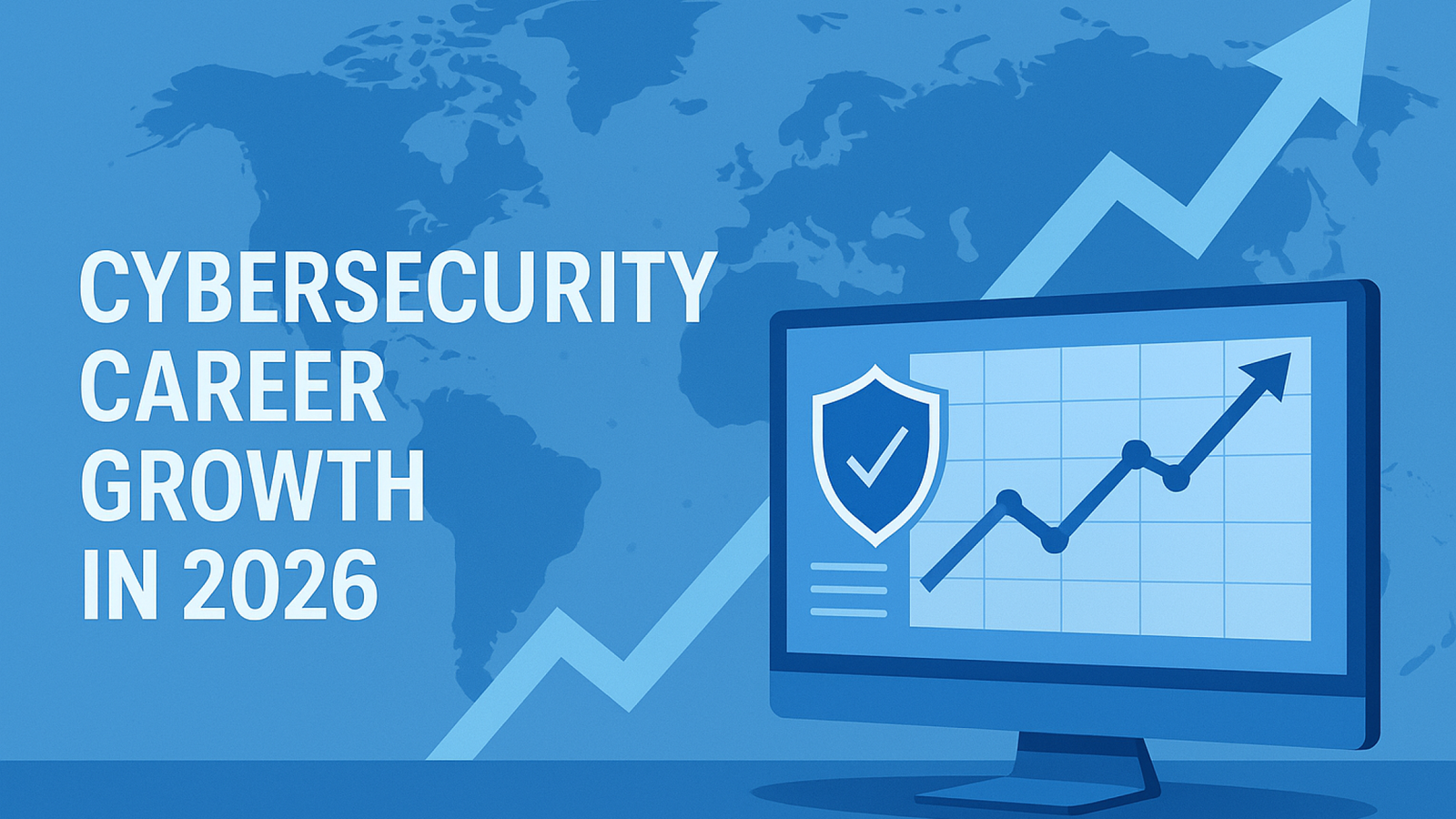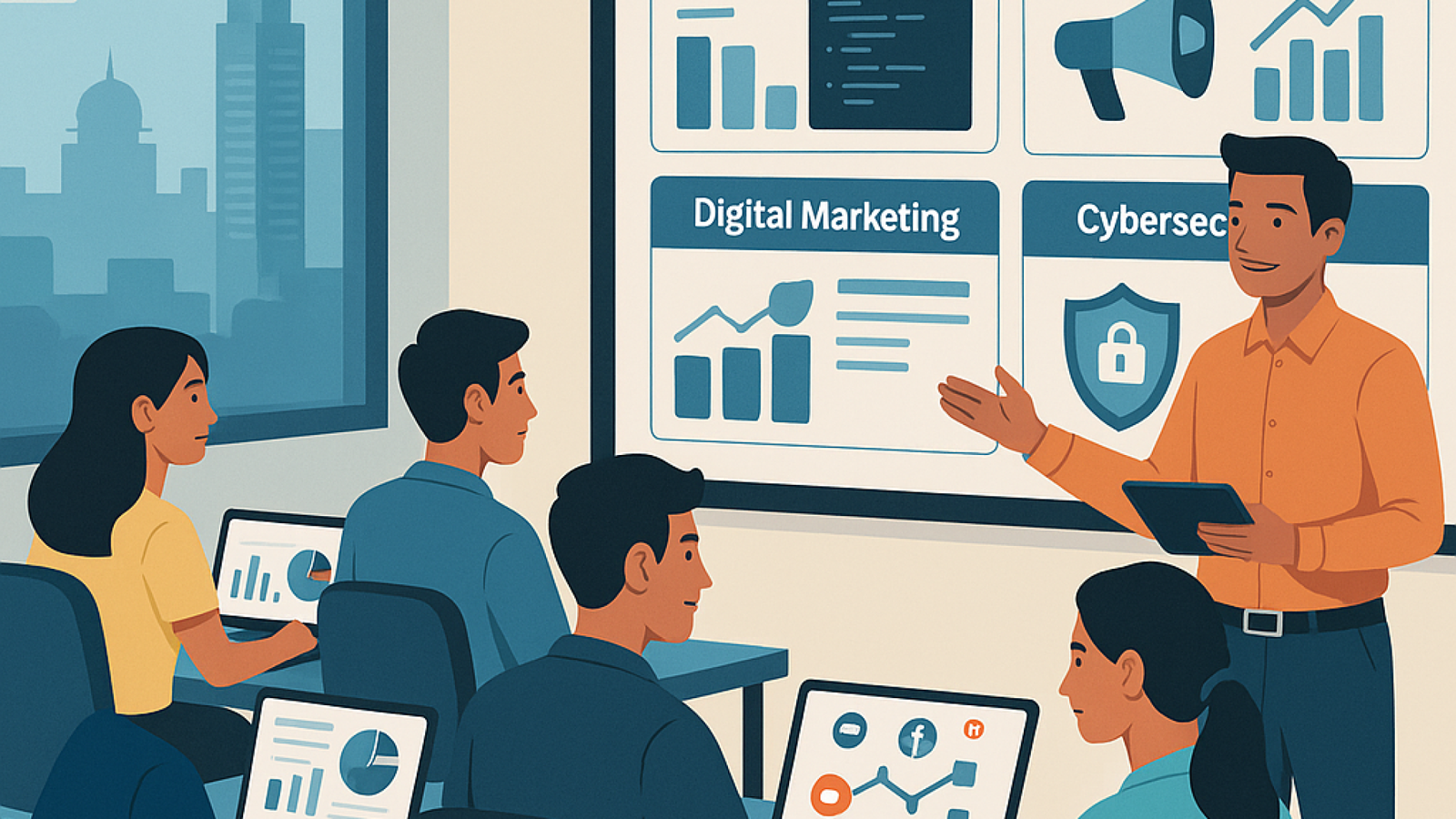How to Become SQL Developer: Roadmap, Projects, and Salary Insights
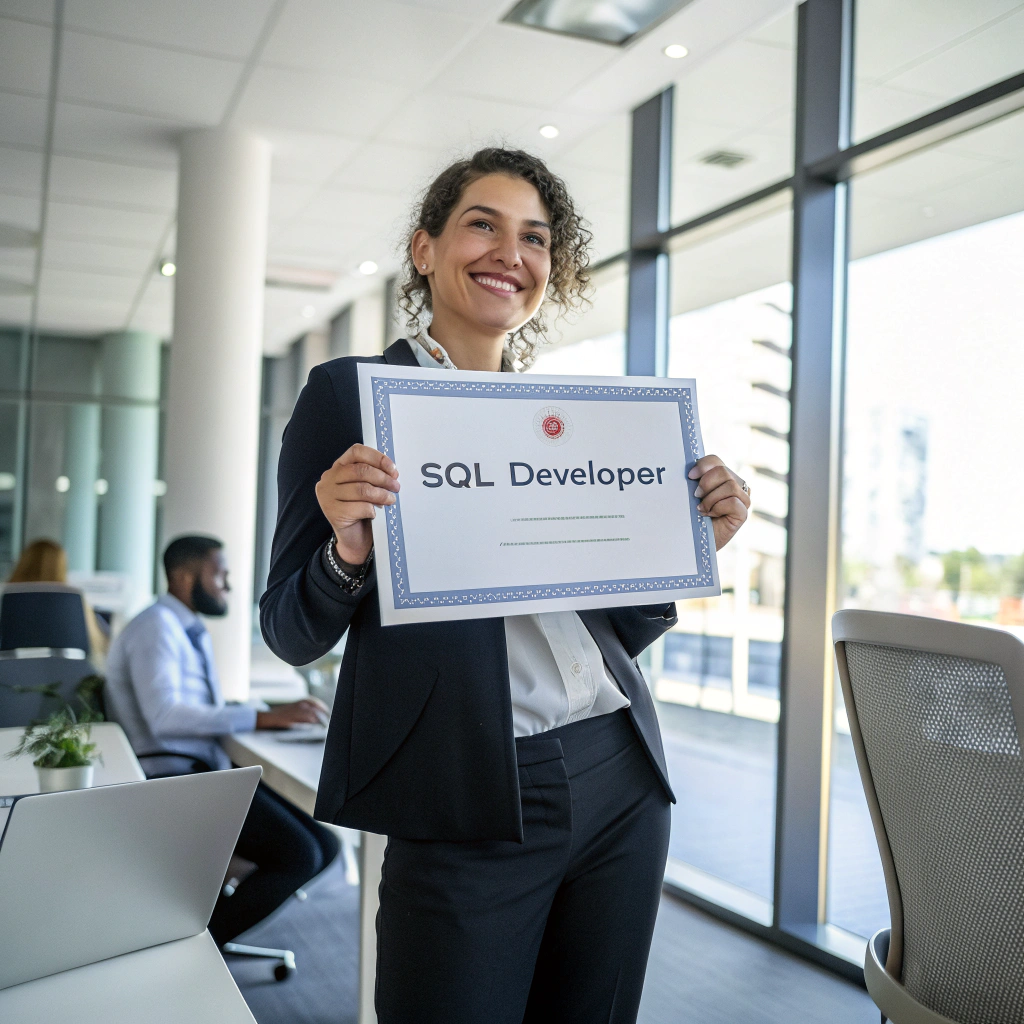
Intro
How to become SQL developer is one of the most in-demand skills in today’s tech-driven world. With businesses generating massive amounts of data every day, companies need professionals who can efficiently manage, organize, and analyze this information. SQL developers play a critical role in creating, maintaining, and optimizing databases that power applications, analytics, and business decisions. If you’re considering a career in IT or data management, understanding how to become SQL developer will set you on a path to high-paying jobs, strong career growth, and opportunities across multiple industries. This comprehensive guide will walk you through the essential skills, certifications, learning roadmap, salary expectations, and future prospects for SQL developers.
What is an SQL Developer?
An SQL developer is a professional who designs, manages, and optimizes databases using Structured Query Language (SQL). They play a critical role in building efficient databases that support applications, analytics, and business decision-making.
SQL developers work closely with:
- Data analysts to retrieve and organize data.
- Software engineers to integrate databases with applications.
- Business teams to ensure data accessibility for insights.
In short, SQL developers ensure that businesses can access, store, and analyze data without issues.
Why Choose a Career as an SQL Developer?
Before learning how to become an SQL developer, let’s look at why this career is worth pursuing:
- High Demand – With digital transformation, companies need professionals to manage big data.
- Competitive Salary – SQL developers earn impressive salaries worldwide.
- Career Growth – SQL is the foundation for careers in data science, business intelligence, and database administration.
- Industry Versatility – Every sector (IT, finance, healthcare, retail, education) requires SQL expertise.
- Future-Proof Skill – SQL has remained relevant for decades and continues to be a core requirement in modern data jobs.
Essential Skills for How to Become SQL Developer
If you’re serious about learning how to become SQL developer, mastering the right set of skills is critical. SQL developers need a mix of technical expertise, analytical abilities, and problem-solving skills to excel in their careers. Here’s a detailed breakdown of the essential skills you should focus on:
1. SQL Fundamentals
Understanding the core of Structured Query Language (SQL) is the foundation of your career. You should be comfortable with:
Writing queries using
SELECT,INSERT,UPDATE, andDELETEFiltering and sorting data with
WHERE,ORDER BY, andGROUP BYUsing joins (INNER, LEFT, RIGHT, FULL) to combine tables
Understanding subqueries and aggregate functions
2. Database Management Systems (RDBMS)
Familiarity with major RDBMS platforms is essential for anyone learning how to become SQL developer:
MySQL – widely used in web applications
Microsoft SQL Server – common in enterprise solutions
Oracle – popular in large-scale businesses and banking
PostgreSQL – open-source, highly scalable
3. Advanced SQL Concepts
As you progress, you need advanced skills to handle complex real-world scenarios:
Stored procedures, triggers, and views
Indexing and query optimization for performance
Transactions, ACID compliance, and concurrency control
Window functions and Common Table Expressions (CTEs)
4. Programming Knowledge
Basic understanding of programming languages like Python, Java, or C# can help in integrating SQL databases with applications and performing data-driven tasks.
5. Data Analysis and Problem-Solving
SQL developers often work closely with data analysts. Skills in data interpretation, pattern recognition, and problem-solving are crucial to provide actionable insights.
6. Cloud Database Skills
With businesses moving to the cloud, knowledge of cloud-based databases is highly valuable:
AWS RDS (Relational Database Service)
Microsoft Azure SQL Database
Google Cloud SQL
7. Soft Skills
Effective communication to explain data insights
Attention to detail for database integrity
Team collaboration for cross-functional projects
Educational Path: Do You Need a Degree?
One of the most common questions is: “Do I need a computer science degree to become an SQL developer?”
The answer: Not necessarily. While having a bachelor’s degree in Computer Science, IT, or related fields helps, many professionals become SQL developers through certifications and hands-on training.
At Cambridge Infotech, for example, our Database & SQL Certification Programs are designed for:
- Students after 12th or graduation.
- Working professionals transitioning into data roles.
- Freshers seeking an in-demand IT career.
Step-by-Step Guide: How to Become SQL Developer
If you’re wondering how to become SQL developer, following a structured roadmap can make your journey faster, easier, and more effective. Below is a detailed, step-by-step guide designed for beginners, students, and working professionals looking to enter this high-demand field.
Understand the Role of an SQL Developer
Before diving into learning, it’s important to know what SQL developers do. They:
Design and manage relational databases.
Write complex SQL queries to retrieve and manipulate data.
Optimize database performance and maintain data integrity.
Collaborate with data analysts, business teams, and software developers.
Knowing the role helps you focus on the skills that truly matter in your career.
Learn SQL Fundamentals
Start with the basics of Structured Query Language (SQL):
Data Retrieval:
SELECT,WHERE,ORDER BYData Manipulation:
INSERT,UPDATE,DELETEData Aggregation:
GROUP BY,HAVINGJoins: INNER JOIN, LEFT JOIN, RIGHT JOIN, FULL JOIN
Recommended learning resources:
Hands-on practice is crucial to building confidence.
Gain Proficiency in RDBMS
Learn about Relational Database Management Systems (RDBMS):
MySQL – Widely used in web applications.
Microsoft SQL Server – Common in enterprises.
Oracle – Popular in banking and large-scale apps.
PostgreSQL – Open-source and highly scalable.
Familiarity with multiple systems increases employability and salary potential.
Practice Advanced SQL Concepts
Once comfortable with basics, move to advanced topics:
Stored Procedures & Functions
Triggers & Views
Indexing & Query Optimization
Transactions & ACID Properties
Window Functions & CTEs
Advanced knowledge helps you solve complex real-world problems and impress recruiters.
Work on Real-World Projects
Practical experience is key. Build projects such as:
Online e-commerce database management.
Student or employee record systems.
Hospital or clinic patient management systems.
You can showcase these projects on GitHub or in your resume to stand out.
Earn Certifications
Certifications validate your skills and improve job prospects:
Microsoft Certified: SQL Server Database Development
Oracle Database SQL Certified Associate
IBM Certified Database Associate
AWS/Azure SQL Certification (for cloud databases)
Build a Professional Portfolio and Resume
Include:
SQL projects with code samples.
Certifications and training programs.
Achievements in internships or competitions.
A strong portfolio helps recruiters quickly assess your abilities.
Apply for Internships and Entry-Level Jobs
Start with:
Junior SQL Developer roles
Data Analyst positions with SQL focus
Database support roles
Internships provide real-world exposure and can lead to full-time roles.
Continuous Learning and Upskilling
The IT and database world evolves constantly. Keep learning:
Advanced database topics
Cloud database solutions (AWS RDS, Azure SQL)
Big Data integration with SQL
Continuous improvement ensures long-term career growth and higher salaries.
Salary of an SQL Developer
One of the main reasons people ask how to become an SQL developer is the salary potential.
India
- Entry-Level: ₹3 LPA – ₹5 LPA
- Mid-Level (3–5 years): ₹6 LPA – ₹10 LPA
- Senior SQL Developer: ₹12 LPA – ₹20+ LPA
USA
- Entry-Level: $60,000 – $80,000/year
- Mid-Level: $90,000 – $110,000/year
- Senior SQL Developer: $120,000 – $150,000/year
Salaries vary based on location, industry, certifications, and experience.
Career Path and Growth Opportunities
Starting as an SQL developer opens doors to multiple career paths:
- Database Administrator (DBA)
- Data Analyst
- Data Engineer
- Business Intelligence (BI) Developer
- Machine Learning Engineer (with additional skills)
Future of SQL Development
Despite the rise of NoSQL databases (MongoDB, Cassandra, etc.), SQL remains the backbone of data management. According to Gartner reports, over 70% of enterprise data still resides in relational databases.
Future trends include:
- Cloud database adoption
- AI-powered query optimization
- Hybrid SQL + NoSQL systems
- Increased demand for data security compliance
This makes SQL development a long-term, stable career choice.
Common Interview Questions for SQL Developers
If you’re preparing for jobs, here are some must-know questions:
- What is the difference between INNER JOIN and OUTER JOIN?
- Explain normalization and its types.
- What are indexes and why are they used?
- How do you optimize a slow SQL query?
- What is ACID compliance in databases?
FAQs
1: How long does it take to become SQL developer?
A: Depending on your prior experience, you can learn the skills needed for how to become SQL developer in 6–12 months through focused training, hands-on practice, and project work.
2: Do I need a degree to become SQL developer?
A: While a degree in computer science or IT helps, it’s not mandatory. Many professionals achieve success by learning how to become SQL developer through certifications, online courses, and practical experience.
3: Can I become SQL developer without coding experience?
A: Yes, you can start learning SQL without prior programming knowledge. However, understanding basic coding improves your ability to manage databases and advance in your journey of how to become SQL developer.
4: Which companies hire SQL developers?
A: Top recruiters include TCS, Infosys, Accenture, IBM, Amazon, Microsoft, and financial institutions. Learning how to become SQL developer opens doors to roles in IT, finance, healthcare, and more.
5: What certifications help in becoming an SQL developer?
A: Certifications such as Microsoft Certified: SQL Server, Oracle SQL Certified Associate, and cloud database certifications from AWS and Azure are highly recommended for those learning how to become SQL developer.
Conclusion
Mastering how to become SQL developer is one of the smartest career moves you can make in today’s data-driven world. By learning SQL fundamentals, gaining hands-on experience, earning certifications, and building a strong portfolio, you can secure high-paying jobs and enjoy excellent career growth.
Call us now at – 099024 61116
Visit our Website: cambridgeinfotech.io/
Check Out Related Blogs
AI and Cloud Computing Course in Bangalore – Master AI & Cloud Skills with 100% Placement Support
SQL Career Path: Jobs, Salary Trends, and Growth Opportunities
AWS Certification for Beginners in Bangalore | AWS Training at Cambridge Infotech

